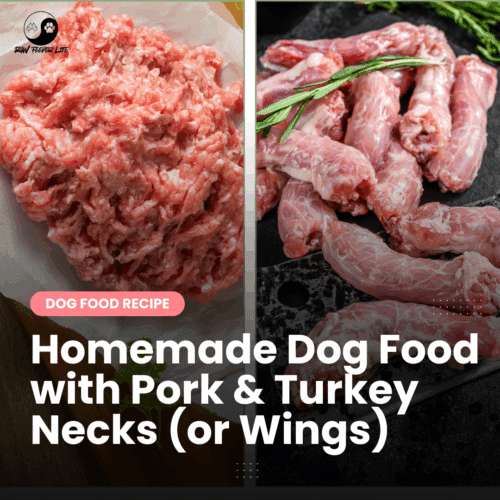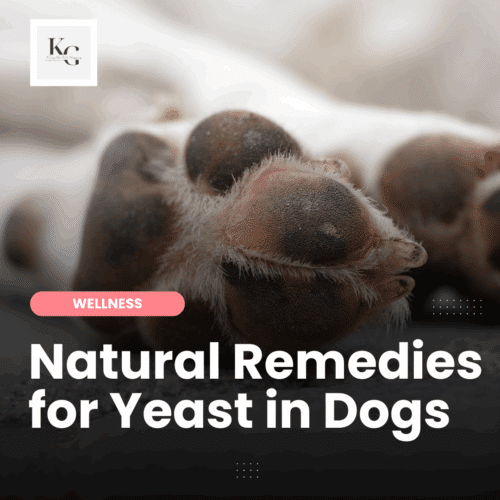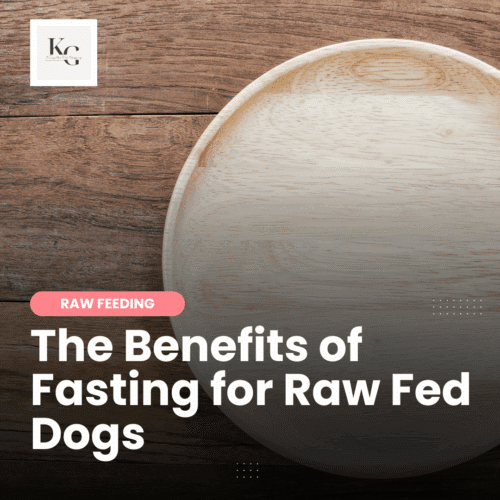Keep the Tail Wagging is supported by pet parents. I occasionally earn a commission (at no additional cost to you) when you click through an affiliate link to one of my favorite products. Thank you for your support. Read More
Nuts are a healthy snack, but the amount of glyphosate used on California almond crops and the risk of aflatoxins on peanuts makes me a little cautious about giving nuts to my dogs. So, I decided to dive a little deeper into nuts to figure out which ones are safe for me and my dogs.
Benefits of Nuts for Dogs
As I stated, nuts are a healthy snack, and looking more into the benefits of nuts, I found the following potential benefits.
- a great source of proteins and amino acids
- an excellent source of fiber, supporting gut health
- a source of Vitamin B1 and B2, providing energy
- a source of Vitamin C, supporting the immune system
- a source of potassium, iron, and copper
- a source of healthy fats
- reduces high blood pressure
Are Nuts Safe for Dogs?
Peanut butter is a common human treat shared with dogs, but that doesn't mean nuts are a good food for dogs.
- nuts are rich in calories; nuts aren't the best snack if a dog needs to lose weight
- nuts are high in fat and may not be the best snack for dogs prone to pancreatitis
- nuts are high in fiber and may result in digestive upset for some dogs if too many are consumed in one sitting
- due to their size, some nuts may pose a choking hazard for some dogs
- some nuts are toxic to dogs (list below), and nuts heavily coated with salt or other flavorings aren't a good fit for dogs
- if a dog eats the nuts AND the shell, this can lead to digestive upset and damage to the stomach lining
Nuts that are Safe for Dogs to Eat
The list below contains nuts that are safe for dogs to eat. However, some nuts have a higher fat content and are not recommended for dogs prone to pancreatitis. As with any food, moderation is crucial. Nuts can be given to your dog occasionally as a treat. To avoid toxins like mold or pesticides, I buy only organic nuts, sharing one or two nuts with my dogs when I'm snacking on them.
Peanuts: Plain and unshelled. Peanuts contain protein and healthy fats. They also provide vitamins B and E, as well as niacin. Due to the aflatoxins in some nuts, I stick with organic brands.
Cashews: Roasted cashews are a good source of protein, healthy fats, and minerals like magnesium and zinc. However, they should be given in moderation due to their higher fat content. Raw cashews aren't safe for dogs.
Hazelnuts: Plain hazelnuts contain healthy fats and are a good source of vitamin E, B vitamins, and minerals like manganese and copper.
Pistachios: Pistachios are packed with protein, fiber, and healthy fats. They also contain antioxidants and minerals such as potassium and vitamin B6. Make sure they are unsalted and shelled before feeding them to your dog. And provide minimally due to their higher fat content.
Peanut Butter / Nut Butter
For a healthy treat, choose organic peanut butter with all-natural ingredients, avoiding brands that contain Xylitol, which is toxic to dogs. Opt for brands with peanuts as the only ingredient.
Nuts that Aren't Safe for Dogs
The following nuts aren't recommended for dogs. While some may be safer than others, when fed in moderation, the risk may be too high for some dogs, so I don't feed them to them.
Macadamia Nuts: Macadamia nuts can be highly toxic to dogs. The exact mechanism behind their toxicity is unclear, but even small amounts can cause symptoms. Symptoms usually appear within 12 hours and may include weakness, vomiting, tremors, elevated body temperature, joint pain, and swollen limbs.
Black Walnuts: Black walnuts can be harmful to dogs due to a toxin called juglone. This toxin can cause gastrointestinal upset, vomiting, diarrhea, tremors, seizures, and in severe cases, paralysis.
English Walnuts: Although not as toxic as black walnuts, English walnuts can still cause gastrointestinal upset, such as stomach pain, vomiting, and diarrhea in dogs. Moldy walnuts can also produce tremorgenic mycotoxins, which can lead to neurological symptoms like tremors and seizures.
Pecans: Pecans are not directly toxic to dogs but can cause gastrointestinal upset due to their higher fat content. Ingesting large amounts of pecans can lead to vomiting, diarrhea, and pancreatitis.
Hickory Nuts: Hickory nuts are not typically considered toxic to dogs, but their hard shells can pose a choking hazard or cause intestinal blockages if consumed in large quantities.
Pine Nuts: While pine nuts are generally safe for dogs, certain types of pine nuts, such as those from the Ponderosa pine, can cause gastrointestinal irritation and even neurological symptoms if ingested in large amounts.
Raw Cashews: Please note that raw cashews should be avoided for dogs as they are harder to digest than roasted/cooked nuts, which can increase the likelihood of stomach upset. Additionally, raw cashews are toxic for cats and can cause toxic-like effects in some cats, although the causes are unknown.
Almonds: While not directly toxic, almonds aren't a recommended treat for dogs since they are a significant obstruction hazard (they are hard for pets to break down, and pets don’t always chew their food well). For small breed dogs, they may inhale them into their windpipe. They can potentially cause severe gastrointestinal upset due to their high-fat content as well as pancreatitis. They are often heavily salted, which can cause water retention. For pets with heart disease, this can be dangerous. Almonds are also prone to mold like pecans and walnuts.
Brazil nuts: Although not toxic, Brazil nuts are difficult to digest and contain high levels of fat, making them one of the fattiest nuts. This can pose a challenge for dogs with hyperlipidemia – a condition characterized by elevated levels of fat in the blood – as well as pets with a history of pancreatitis.
Signs of Nut Toxicity in Dogs
If you know your pet has consumed nuts and you see any of these symptoms, contact your veterinarian right away.
- Vomiting
- Diarrhea
- Constipation (or not pooping for a couple of days)
- Bloating
- Fever
- Rapid heart rate
- Abdominal pain
- Loss of appetite
- Lethargy
- Tremors or seizures
- Trouble walking, weakness in legs
- Bloody or black stool
- Urine that's orange in color
Benefits of Seeds for Dogs
Seeds can be a nutritious addition to a dog's diet in moderation. I add them as a whole food supplement or an ingredient in my DIY raw blends. Here are some safe seeds for dogs and the benefits they offer:
Chia Seeds: Chia seeds are a great source of fiber, omega-3 fatty acids, protein, and antioxidants. They can help promote healthy digestion and support cardiovascular health in dogs.
Hemp Seeds: Hemp seeds are rich in omega-3 and omega-6 fatty acids, protein, and fiber. They can promote healthy skin and coat, support joint health, and have potential anti-inflammatory effects.
Flaxseeds: Flaxseeds are rich in omega-3 fatty acids, lignans, and fiber. They can promote a healthy coat and skin, support joint health, and have potential anti-inflammatory properties.
Pumpkin Seeds: Pumpkin seeds are a good source of fiber, vitamins, minerals, and healthy fats. They can help regulate digestion, support urinary health, and provide a natural deworming effect due to their compound called cucurbitacin.
Sunflower Seeds: Sunflower seeds contain healthy fats, vitamin E, and minerals like magnesium and selenium. They can promote a healthy coat, support immune function, and provide antioxidant benefits.
Sesame Seeds: Sesame seeds are a good source of healthy fats, antioxidants, and minerals such as calcium and iron. They can support bone health and provide some anti-inflammatory properties.
When giving seeds to your dog, it's essential to grind or crush them before feeding to enhance their digestibility. This allows for better nutrient absorption. Start with small quantities and monitor your dog's response to ensure they tolerate them well.






